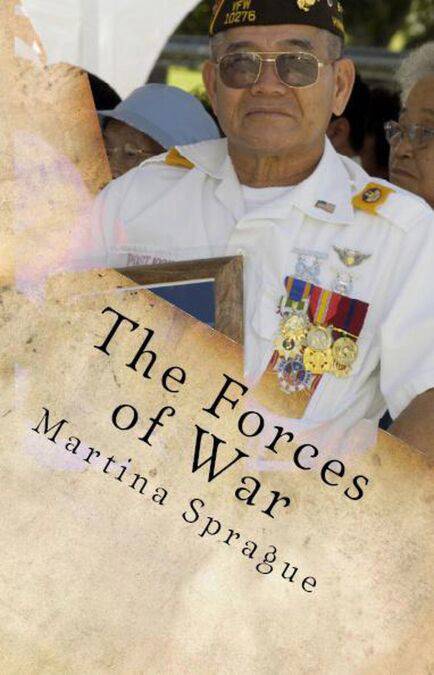
- Afhalen na 1 uur in een winkel met voorraad
- Gratis thuislevering in België vanaf € 30
- Ruim aanbod met 7 miljoen producten
- Afhalen na 1 uur in een winkel met voorraad
- Gratis thuislevering in België vanaf € 30
- Ruim aanbod met 7 miljoen producten
Omschrijving
In his farewell speech of 1989 President Ronald Reagan asked us to remember the resurgence of national pride he called the “New Patriotism.” Patriotism and love of country, he said, are closely related to our national memory and have given our nation’s history a deeper meaning. Approximately two-thirds of Americans consider military service patriotic, ranking it second only to voting in elections and ahead of reciting the pledge of allegiance or wearing an American flag pin. Army service has historically been a lineage obligation. To prove their worth, kings and rulers had to embark on campaign within a short time, normally a year after ascending the throne. Family tradition has further compelled commoners to don the uniform in the service of their country. A need for revenge along with the effects of social and political pressures are other factors that influence an individual’s decision to join the army and go to war.
This book examines men and women who have made war their prime call of duty for real or perceived patriotic reasons; commoners enlisting voluntarily as a matter of family tradition or kinship obligation; and others serving to avenge a wrong, or because of social and political pressures. The material in this book is excerpted from For God, Gold, and Glory: A History of Military Service and Man’s Search for Power, Wealth, and Adventure, also by Martina Sprague. The full series comprises the following books:
1. The Forces of War: Patriotism, Tradition, and Revenge
2. The Financial Incentives of War: Poverty Draft, Mercenaries, and Volunteers in Foreign Armies
3. The Propaganda of War: Personal Transformation and the Search for Adventure
4. The Glory of War: The Way to Historical Immortality
5. The Reality of War: Boredom, Disillusion, and Desertion
Specificaties
Betrokkenen
- Auteur(s):
- Uitgeverij:
Inhoud
- Taal:
- Engels
- Reeks:
Eigenschappen
- Productcode (EAN):
- 9781540140425
- Verschijningsdatum:
- 22/04/2018
- Uitvoering:
- E-book
- Beveiligd met:
- Adobe DRM
- Formaat:
- ePub

Alleen bij Standaard Boekhandel
Beoordelingen
We publiceren alleen reviews die voldoen aan de voorwaarden voor reviews. Bekijk onze voorwaarden voor reviews.











